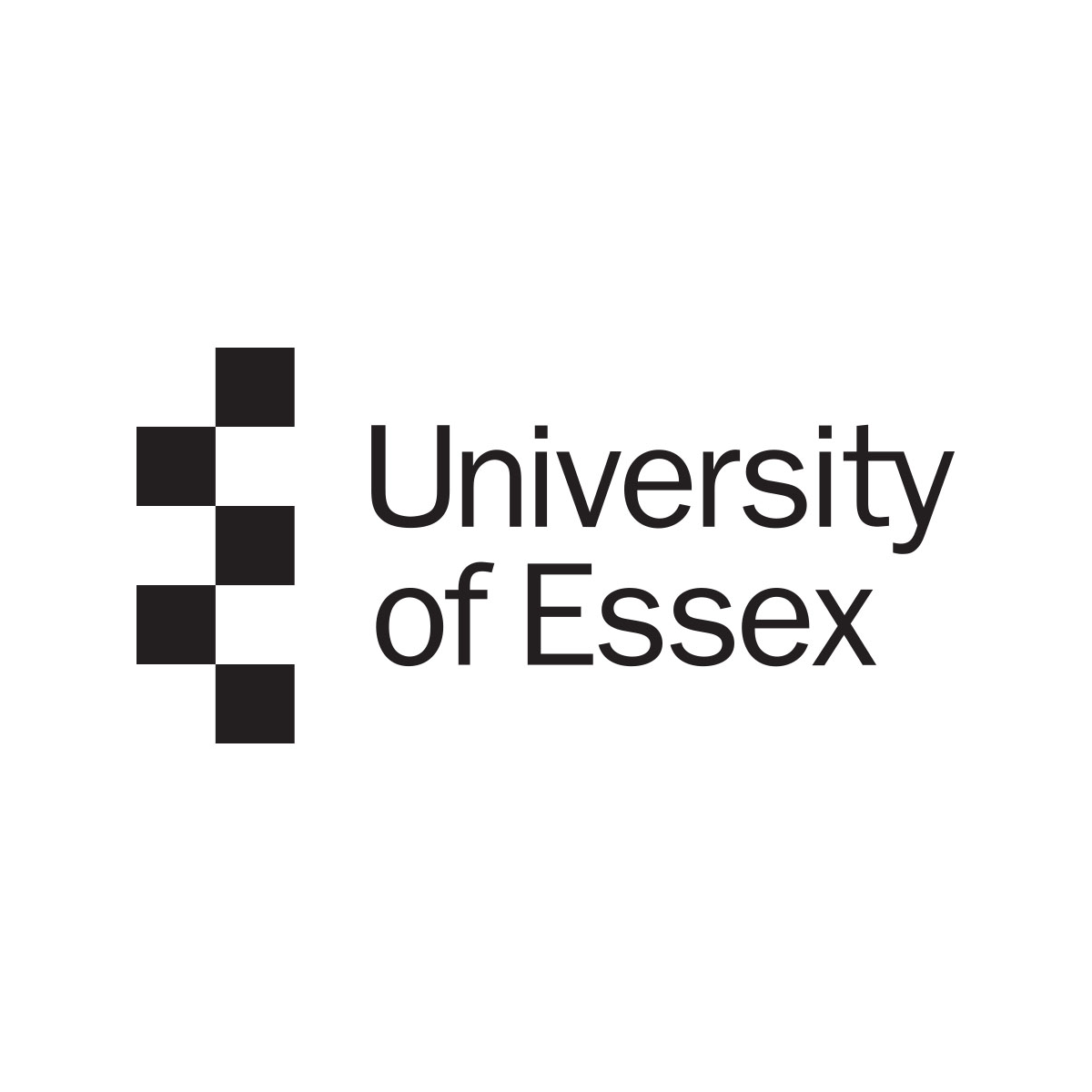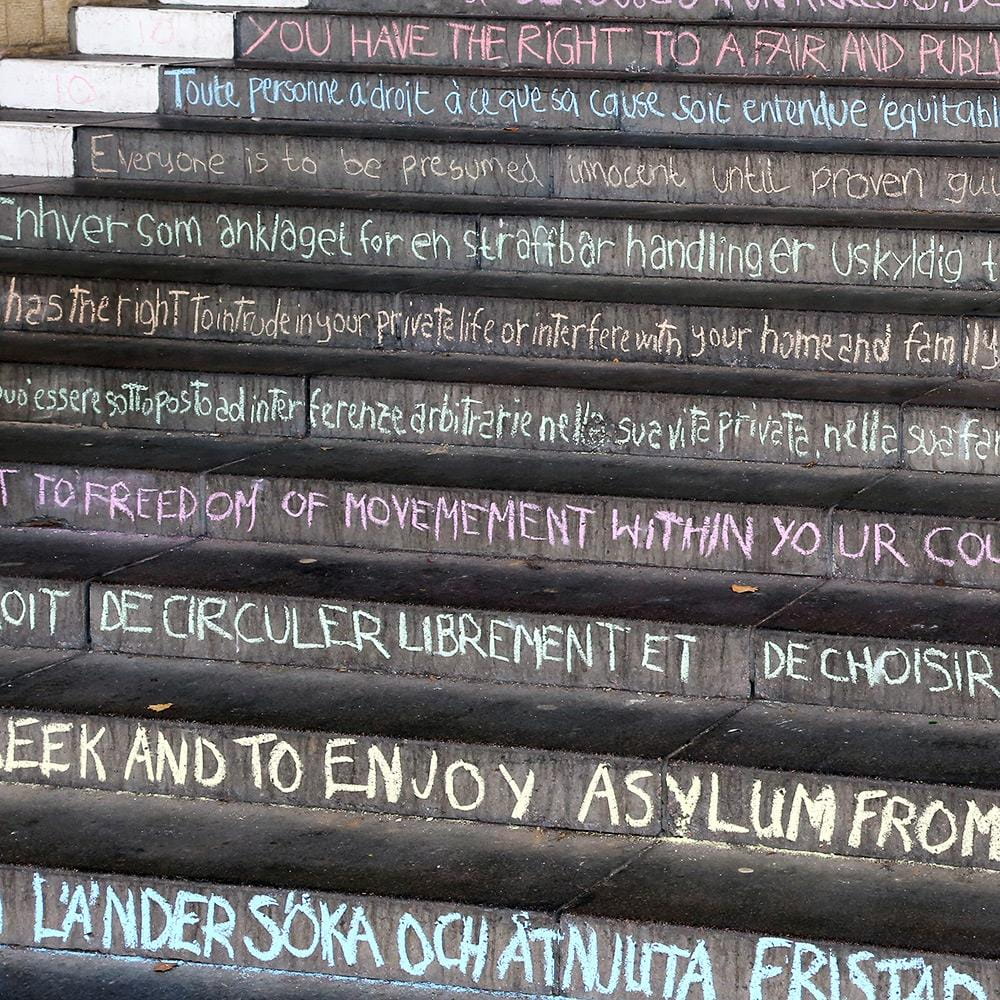Thousands of students have studied at our Human Rights Centre throughout its illustrious 40-year history.
It has become a global pillar for human rights, but its lofty status as a world leading institution is a far cry from its early days.
“I remember thinking the centre was a modest affair,” says Pierre Bosset, who had travelled over from his native Canada to become the first cohort of students to ever study LLM in International Human Rights Law at Essex in 1982.
“We were a grand total of six graduate students.
“As far as I remember, the centre’s office consisted of one table, a couple of chairs, and some near-empty shelves.”
He added: “Malcolm Shaw (the centre’s founder and then-director) had arranged for a substantial programme that included not only courses to follow but also, guest lectures and even short-term internships. Intellectually, it was eye-opening.
“On a more personal level, the cosmopolitan makeup of the class was also a major plus.
“Of course, those elements have only increased since, as the centre became a leader in its field.”
Pierre grew up in Montreal and graduated in law in 1980.
His initial focus was on labour law but a simple glance at a poster advertising a new course at Essex changed all of that.
He continued: “I was looking for an opportunity to pursue my interest in human rights (which was my main reason for being a lawyer), and also to travel abroad.
“The programme’s international dimension clearly set it apart in my eyes. I checked an encyclopaedia about Colchester - I had never heard of the place - and the rest became history.”
After graduating from Essex, Pierre joined the Québec Human Rights Commission’s research department as legal adviser.
His initial work focussed on indirect discrimination in the field of employment, before expanding into institutional demands and social needs.
He developed an expertise in the legal and institutional arrangements for cultural and religious diversity in public services and later became the Commission’s Head of Research and Strategic Planning, taking charge of an interdisciplinary research team of jurists and social scientists.
“I believe I can claim some positive impact on how public policy has evolved in Quebec, especially with respect to issues of cultural/religious diversity,” adds Pierre.
After more than two decades with the commission, he became a professor of public law at the Université du Québec à Montréal (UQAM), where he is still teaching today.
Essex's impact on Pierre
Pierre has made a number of visits back to the Human Rights Centre since graduating, including being invited as a guest speaker in 1998 and returning in 2008 for the 25th anniversary celebrations.
He hopes to reconnect with his Essex roots again later this year at a special conference planned in July to commemorate 40 years of the Human Rights Centre.
Asked what advice he would give to anyone considering studying at Essex’s Human Rights Centre, Pierre says: “I encourage them to seriously consider the opportunity of studying human rights in an environment that is at once established and dynamic.
"My time at Essex and at the Human Rights Centre has definitely been a defining period for me.
“Undoubtedly, the greatest benefit Essex has had on my career has been a transversal ability to analyse human rights issues, even local ones, within the broader context of the international human rights movement.”




